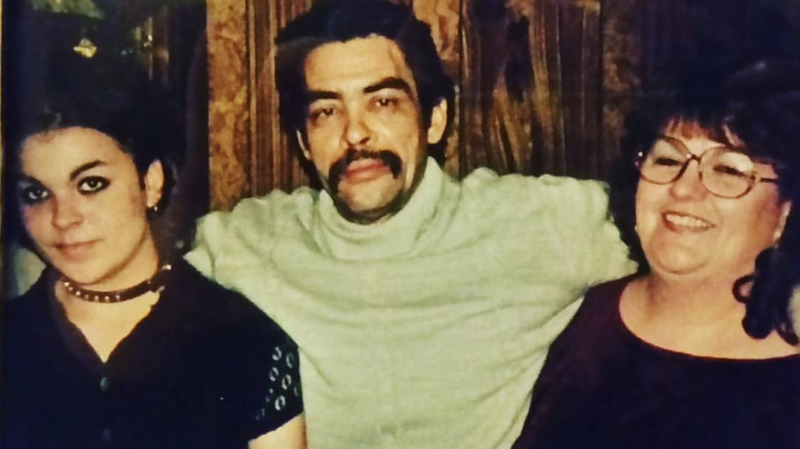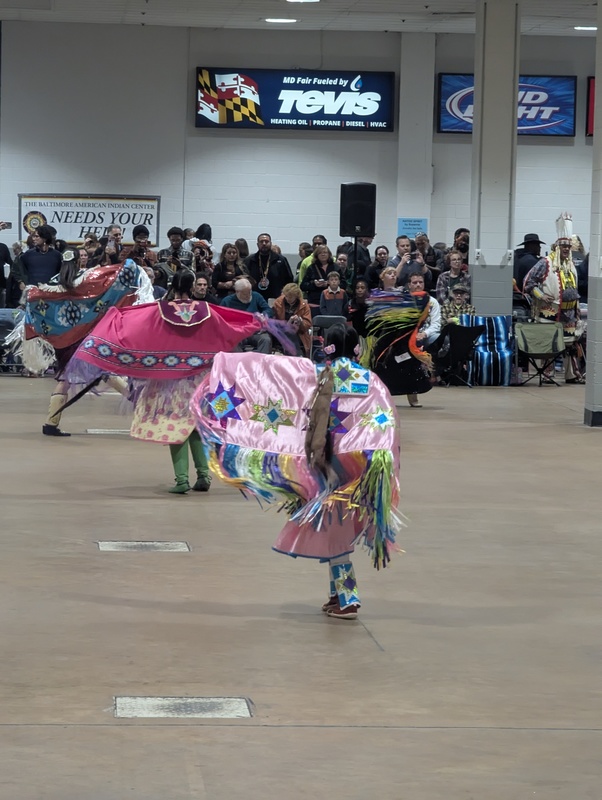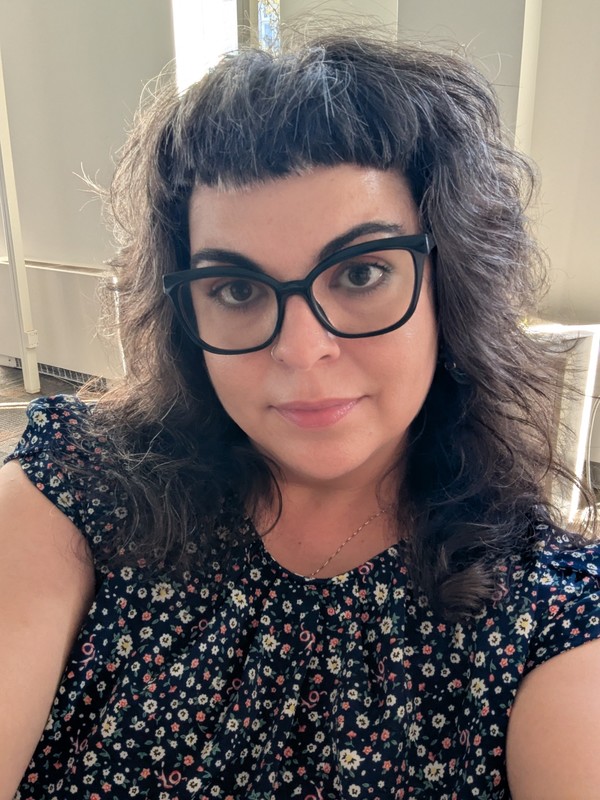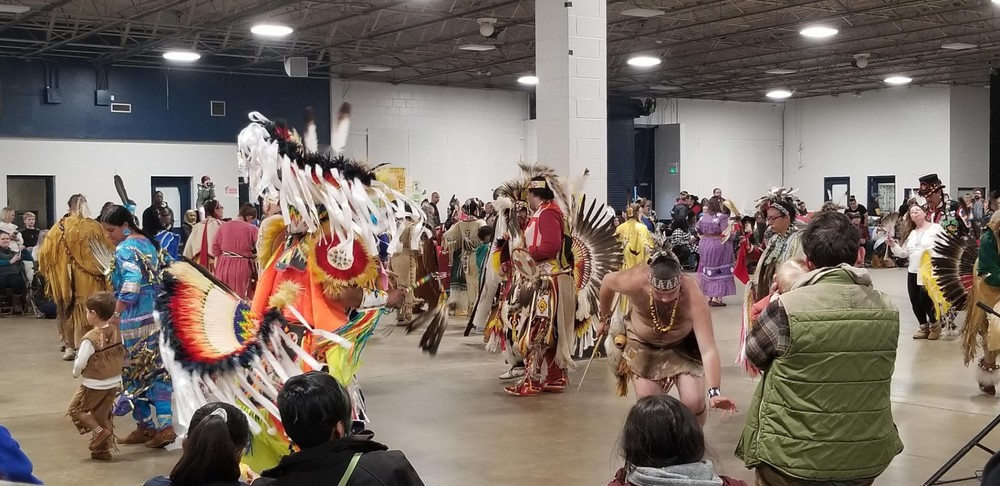 City Schools marks Native American Heritage Month by highlighting the voices and experiences that continue to strengthen our community. This year, we look to one of our own: alumna Tiffany Chavis. A member of the Lumbee Tribe and a graduate of City Schools, she offers a perspective grounded in heritage and carried forward through her work and service.
City Schools marks Native American Heritage Month by highlighting the voices and experiences that continue to strengthen our community. This year, we look to one of our own: alumna Tiffany Chavis. A member of the Lumbee Tribe and a graduate of City Schools, she offers a perspective grounded in heritage and carried forward through her work and service.
Chavis, whose father was a member of the Lumbee Tribe of North Carolina and whose mother is also from North Carolina, recalls that food was central to her upbringing. “Collard greens, fried cornbread, sweet potatoes,” she said. “Basically, anything comfort food.” Traditional Lumbee dishes blended naturally with the Southern cooking that shaped the region where the tribe settled in southeastern North Carolina and northeastern South Carolina.
As her parents made their way to Baltimore in the 1960s in search of new opportunities and a life  beyond the limits imposed by Jim Crow laws, they joined many other Lumbee families who built community in Fells Point and its surrounding areas. Their move provided a foundation for the support system that shaped Chavis’s early years and connected her to a broader network of Lumbee families.
beyond the limits imposed by Jim Crow laws, they joined many other Lumbee families who built community in Fells Point and its surrounding areas. Their move provided a foundation for the support system that shaped Chavis’s early years and connected her to a broader network of Lumbee families.
Chavis remains closely connected to her culture through the Baltimore American Indian Center’s annual powwow, which features drumming, singing, dancers in traditional regalia, and handmade crafts and food. She is committed to passing these traditions on to her daughter and ensuring they attend powwows and culture classes whenever they can.
Her commitment to learning and service deepened during her time at Patterson High School, where she credits her high school counselor, Ms. Van Allan, with keeping her on track. “I wanted to drop out, and she wouldn’t let me,” she said. “Because of that, I kept going and eventually got my degrees.”
After graduating, she earned a BA in social work and a minor in Women’s Studies from the University of Maryland, Baltimore County, and then a master’s degree in social work from the University of Maryland, Baltimore. Her Baltimore upbringing shaped her work. “I grew up poor. I knew the struggles many of my clients were also experiencing.” She went on to support individuals experiencing homelessness, substance abuse, severe mental illness, and other various life crises.
 While the work was meaningful, its demands were high. In 2020, she chose a new direction and pursued a second master’s degree in library and information science. Today, she is a faculty member at Towson University as the Health Professions Research and Instruction Librarian. She has served as a Tribal Consultant and advisory board member at the University of Maryland, working on the IndigenizeSNAC Project. She has used her training as an archivist to support Indigenous archival description and to help preserve and share cultural expression through participation in other projects, such as a photo exhibit featuring the Lumbee in Baltimore.
While the work was meaningful, its demands were high. In 2020, she chose a new direction and pursued a second master’s degree in library and information science. Today, she is a faculty member at Towson University as the Health Professions Research and Instruction Librarian. She has served as a Tribal Consultant and advisory board member at the University of Maryland, working on the IndigenizeSNAC Project. She has used her training as an archivist to support Indigenous archival description and to help preserve and share cultural expression through participation in other projects, such as a photo exhibit featuring the Lumbee in Baltimore.
She continues to remind others that Native Americans are present in today’s communities. “I’ve gotten so many comments about my culture that aren’t true—like I’m Hispanic or something else. I just want people to remember that Native Americans are still here. We’re not just a part of history.”
Her advice to current Native American students reflects this message: “Be yourself. Don’t be afraid to be yourself. Let people know who you are.” 

